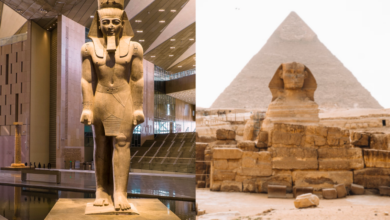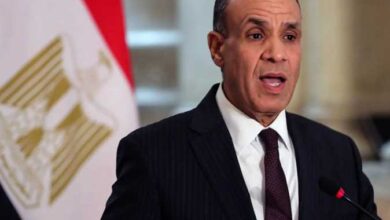Experts have drawn up proposals for tax and energy subsidy changes and will present them to Egypt's Cabinet on Sunday, a newspaper reported, referring to policies that are part of an economic program needed to secure a US$4.8 billion IMF loan.
Egypt is seeking the loan from the International Monetary Fund, as well as aid and loans from Gulf and other nations, to shore up its finances that were battered by months of unrest following the uprising that toppled Hosni Mubarak last year.
The government has said any reforms will be open to a national dialogue before implementation, and insists any reforms will be "home grown" not imposed by the IMF or others. Many Egyptians worry about IMF-imposed austerity measures.
A minister said this month that the scale of energy subsidy cuts planned for fiscal 2012/13 would not be realized because of delays in implementing restructuring. The budget deficit ballooned to 11 percent of gross domestic product last year.
The reform proposals, drawn up by a team of experts from seven ministries, included raising the tax imposed on cigarettes, the Egyptian daily Al-Mal said.
The tax on a packet of cigarettes would rise by about LE0.50 ($0.08), the paper said.
EFG Hermes said in a research note that the existing cigarette tax comprised a fixed tax of LE1.25 per pack plus a variable component of 50 percent of the retail price.
Finance Ministry and other officials were not immediately available to comment on the report.
The experts are also proposing introducing value-added tax (VAT) to replace the sales tax, the paper said. Switching to VAT from a general sales tax was part of a program discussed by the government under Mubarak.
The experts are also proposing lifting the subsidy from 95-octane gasoline, raising the price of fuel for industry and changing the pricing of domestic electricity, the report said without giving details.
The government has previously said it wanted to cut back on subsidies on fuel to industry and on the highest grade of gasoline available, 95-octane.




